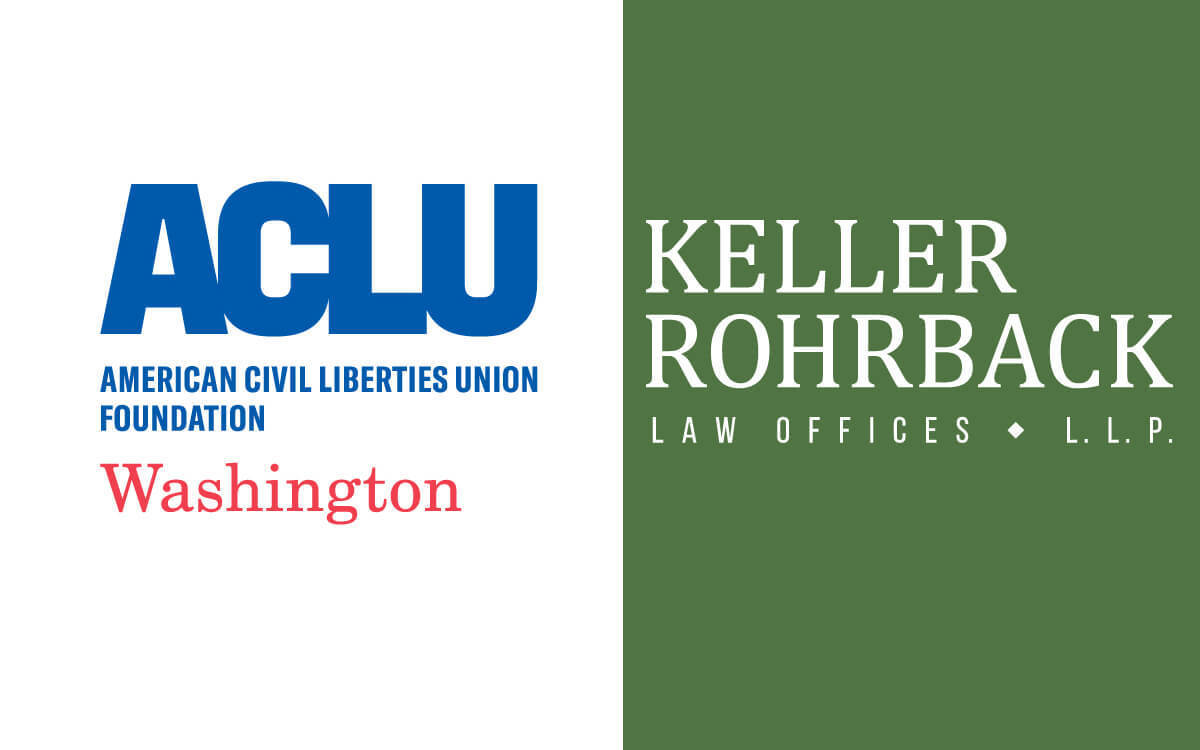
Court Says Government Must Do More to Show It Is Reuniting Refugee Families
ACLU-WA Lawsuit Challenging Trump’s Refugee Ban Allowed to Proceed
July 30, 2018—The U.S. District Court for the Western District of Washington today issued an order requiring the government to provide evidence that follow-to-join refugees are being reunited with their families in the United States.
“Congress has recognized the right of refugees to reunite with their families. Today’s order appropriately requires the government to provide actual evidence that it is no longer illegally keeping them apart,” said Emily Chiang, Legal Director of the ACLU of Washington. “As we have repeatedly learned with this administration, just because it says it is in compliance with the law does not mean it actually is.”
The Court denied a motion by the government to dissolve as moot a preliminary injunction that stopped the government from enacting the refugee portion of President Trump’s Muslim Ban, and granted Plaintiffs’ motion for discovery.
Now, in addition to complying with the preliminary injunction by sufficiently processing follow-to-join refugees while the case—Doe v. Trump—proceeds, the government must show the steps it has taken to remove the refugee ban and undo the harm it has caused. The Court said the government’s failure to fully comply with previous injunctions issued against earlier iterations of the Muslim Ban was a factor in its decision.
Issued December 23, 2017, the Court’s preliminary injunction enjoined enforcement of a memorandum from three administrative agencies that continued Trump’s Muslim Ban against certain refugees, which would have indefinitely prevented children and spouses of refugees from joining their families in the U.S.
The preliminary injunction recognized the serious harm suffered by people like Plaintiff Joseph Doe, who have a right under the federal Immigration & Nationality Act to be reunited with their spouses and children as long as they satisfy the government’s rigorous vetting process, which often takes two years to complete. After the preliminary injunction was issued, Doe was reunited with his wife and three children at SeaTac airport, ending years of painful separation.
Doe v. Trump was filed on February 7, 2017, in federal court in the Western District of Washington. Plaintiffs include a number of people whose lives have been directly impacted by the refugee portion of the Muslim Ban and two organizations: the Council on American-Islamic Relations-Washington, whose work has been greatly impacted by the Order’s violation of the First Amendment’s establishment of religion clause; and the Episcopal Diocese of Olympia, whose efforts to fulfill its religious mission of serving refugees have been severely harmed by the ban.
The ACLU-WA motion for a preliminary injunction in Doe v. Trump challenged different aspects of the Muslim Ban than those examined by the Supreme Court of the United States in its June 26, 2018 opinion.
Another case challenging the Muslim ban, brought by the International Refugee Assistance Project, the National Immigration Law Center, HIAS, and others on behalf of Jewish Family Service of Seattle (JFS) and other plaintiffs, was consolidated with the ACLU-WA case.
Representing the Plaintiffs are ACLU-WA Legal Director Emily Chiang and staff attorney Lisa Nowlin; and ACLU-WA cooperating attorneys Lynn Lincoln Sarko, Tana Lin, Amy Williams-Derry, Derek Loeser, Alison Gaffney, Laurie Ashton, and Alison Chase of Keller Rohrback L.L.P.
